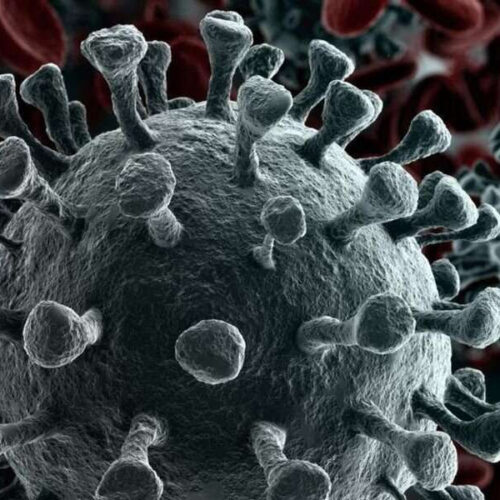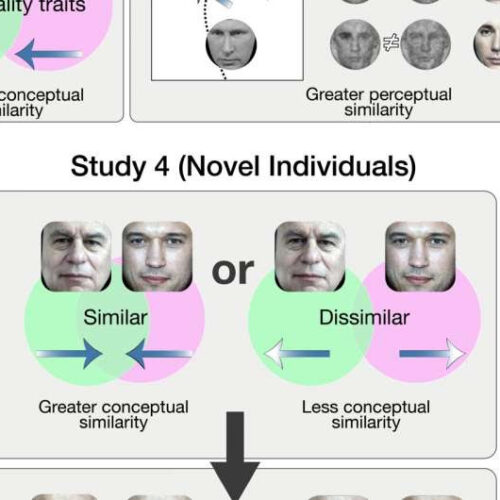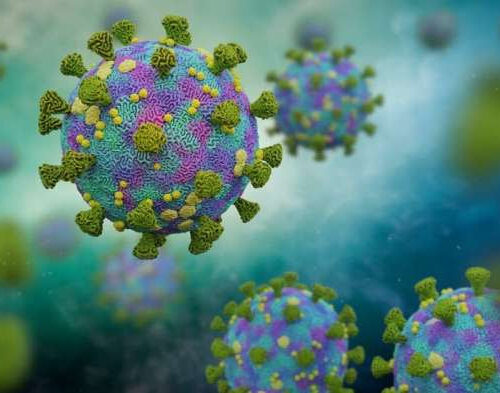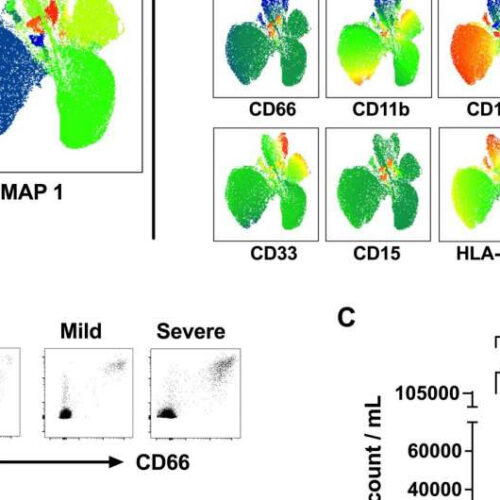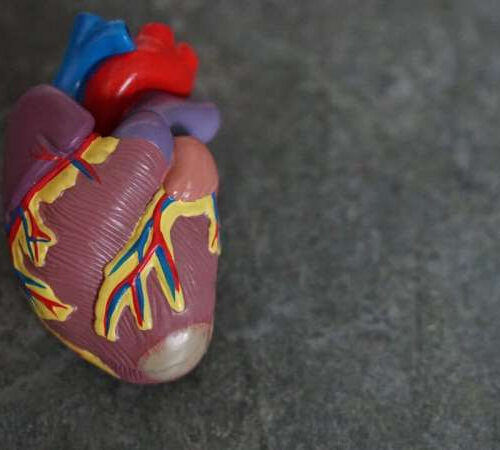Sophia Antipolis, France – 29 Aug 2021: Continuous heart rhythm monitoring – with anticoagulation if atrial fibrillation is detected – does not prevent strokes in those at risk. That’s the finding of late breaking research presented in a Hot Line session today at ESC Congress 20211 and published in The Lancet. Atrial fibrillation is the most common heart rhythm disorder, affecting...
Insights into how a stroke affects reading could help with rehabilitation
by Georgetown University Medical Center Credit: CC0 Public Domain Georgetown University researchers, looking at the ability of people to sound out words after a stroke, found that knowing which region of the brain was impacted by the stroke could have important implications for helping target rehabilitation efforts. The finding appeared August 30, 2021, in Brain Communications. “One in...
Eating walnuts daily lowered bad cholesterol and may reduce cardiovascular disease risk
by American Heart Association Credit: CC0 Public Domain Eating about ½ cup of walnuts every day for two years modestly lowered levels of low-density lipoprotein (LDL) cholesterol, known as “bad cholesterol,” and reduced the number of total LDL particles and small LDL particles in healthy, older adults, according to new research published today in the American Heart Association’s...
Prior COVID infection doesn’t guarantee good immunity: study
You caught a case of COVID-19 and then you got your first dose of a vaccine. Maybe you now think you are protected from coronavirus infections in the future. Think again: New research shows that prior COVID-19 infection alone doesn’t guarantee a high level of antibodies against the coronavirus or a strong response after just one dose...
People look alike if we think they have similar personalities, new study finds
by New York University Knowledge of a person’s personality can warp the perception of a face’s identity and bias it toward alternate identities that are ostensibly unrelated. For example, if Vladimir Putin and Justin Bieber (above) have more similar personalities in your mind, then they visually appear more similar to you as well–as shown in the...
No need to panic about the new C.1.2 variant found in South Africa, says a virologist
by Ian M. MacKay, The Conversation Credit: Shutterstock Scientists in South Africa have discovered a new viral variant of SARS-CoV-2, the virus that causes COVID-19. It’s not a single virus but a clustering of genetically similar viruses, known as C.1.2. The researchers, in a pre-print study released last week but yet to be peer reviewed, found this cluster has picked up...
Don’t Want to Get Vaccinated? It Could Cost You
BY JORDAN WEISSMANN AUG 28, 20211:56 PM Delta is increasing health insurance premiums for employees who are unvaccinated by $200 per month to cover higher costs of Covid-related care. Mario Tama/Getty Images Refusing to get vaccinated against COVID-19 was already a reckless health decision. Lately, it’s been turning into an expensive one, too. Take the...
New biomarkers identified to detect consumption of emerging illicit drug
by National University of Singapore Professor Eric Chan (middle) from the NUS Department of Pharmacy led the research which was conducted in collaboration with the Health Sciences Authority (HSA). The research team included Ms Moy Hooi Yan (extreme left), HSA’s Laboratory Director of the Analytical Toxicology Lab – Drug Abuse Testing, and Dr Wang Ziteng (extreme right), Research Fellow at the NUS...
Granulocytes may weaken immune response in connection with COVID-19
by University of Helsinki Fig 1. The number of circulating LDGs increases in acute COVID-19. (A) Fresh PBMCs obtained from acute mild (outpatients) and severe (hospitalized) COVID-19 as well as HC patients were stained with a panel of antibodies (see S2 Table for details) and analyzed by flow cytometry. Data from live CD3-/CD14-/CD19-/CD56- cell populations were...
Artificial Intelligence approach helps identify patients with heart failure that respond to beta
by University of Birmingham Credit: Unsplash/CC0 Public Domain Researchers at the University of Birmingham have developed a new way to identify patients with heart failure who will benefit from treatment with beta-blockers. Their study involved 15,669 patients with heart failure and reduced left ventricular ejection fraction (low function of the heart’s main pumping chamber), 12,823 of which were in normal heart rhythm...



